BY MARTINA DOBESH Amazing talent hides out in Baja’s coastal hills. Seldom are we treated to having so many gathered …
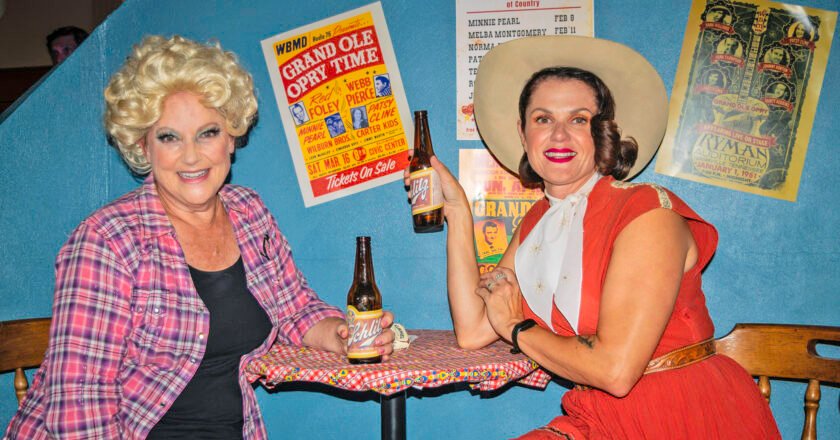

BY MARTINA DOBESH Amazing talent hides out in Baja’s coastal hills. Seldom are we treated to having so many gathered …
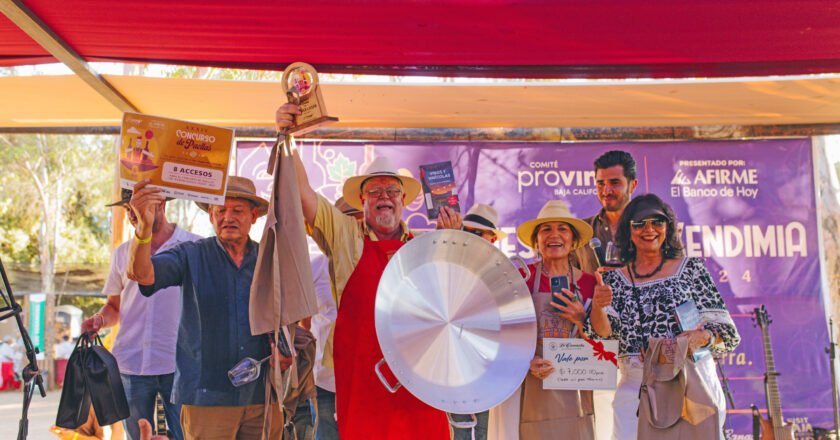
BY LUISA ROSAS If you’ve ever wondered what happens when you mix a competitive spirit with delicious food and fine …
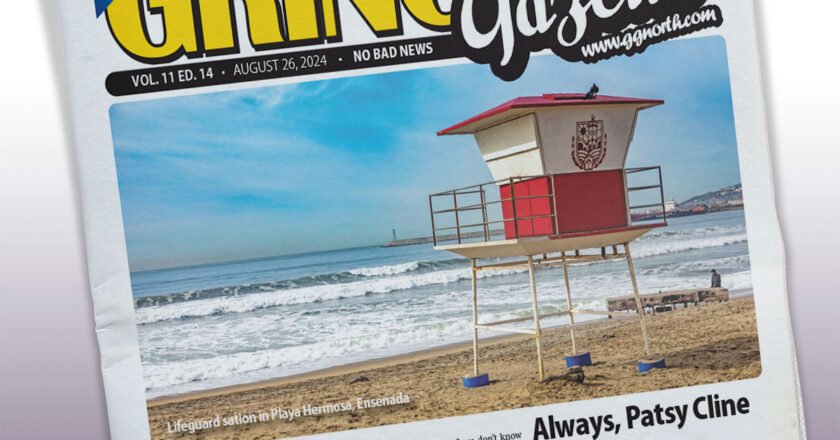
How to download a PDF of this publication:1. Locate the icon toolbar at the bottom part of the newspaper window. …

BY LUISA ROSAS What do you get when you combine an iconic National Geographic cover, a giant bird, and a …

How to download a PDF of this publication:1. Locate the icon toolbar at the bottom part of the newspaper window. …

The 2024 Fiestas de la Vendimia kicked off this friday August 2nd in style as wine lovers gathered at Ensenada’s …
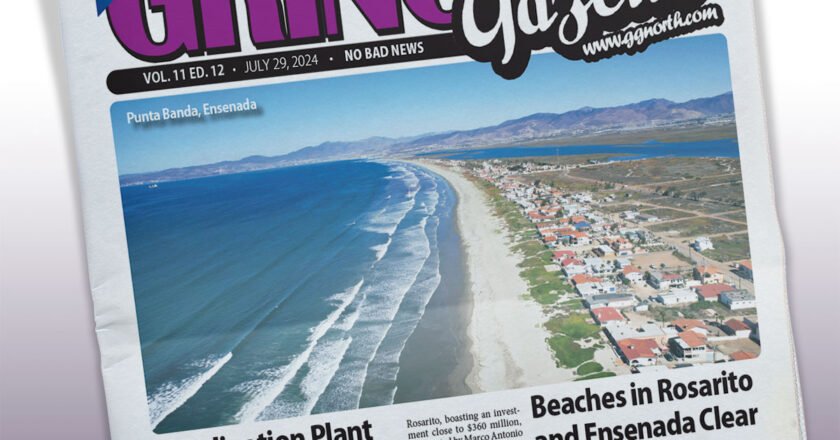
How to download a PDF of this publication:1. Locate the icon toolbar at the bottom part of the newspaper window. …
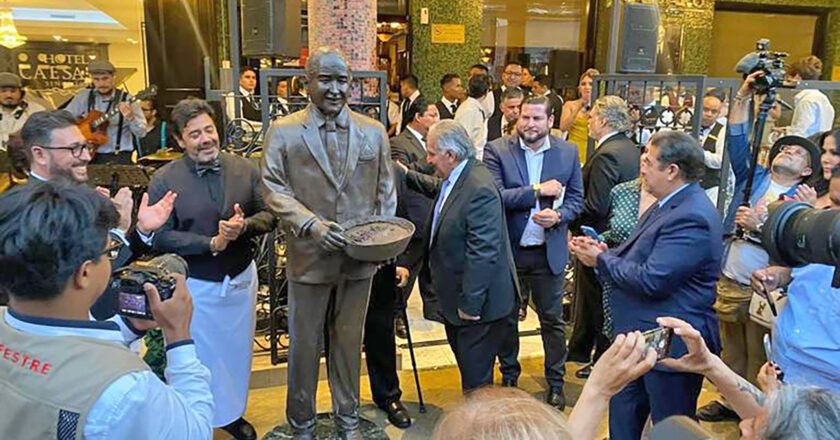
The overall, all-time favorite Caesar’s Salad turns 100 years old this year, having been created in Tijuana by Italian chef …

BY MONICA BELOT Life is better when you have a dog with you. Here’s how to make that happen while …
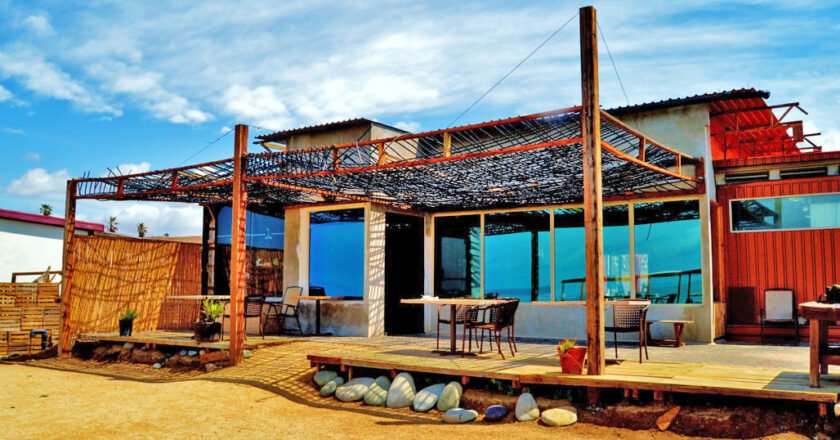
BY THE UNKNOWN GRINGO I Just Wanted Breakfast.I had noticed this place before. It was right next to a now …